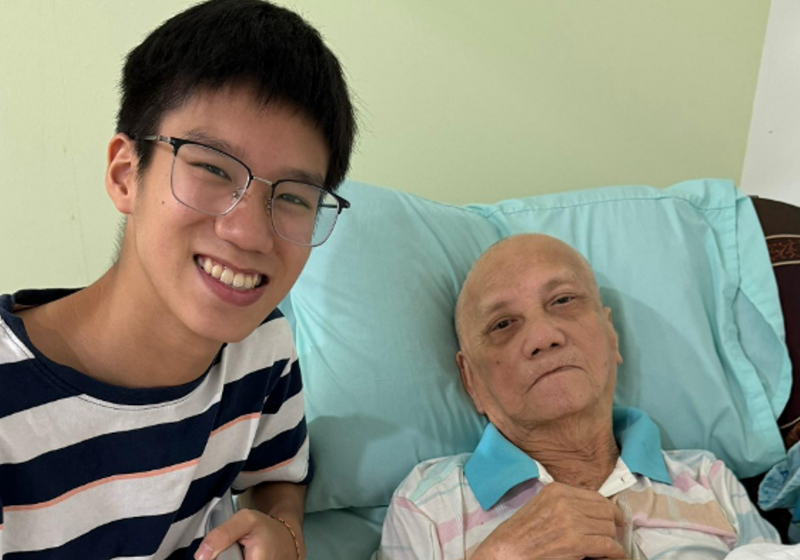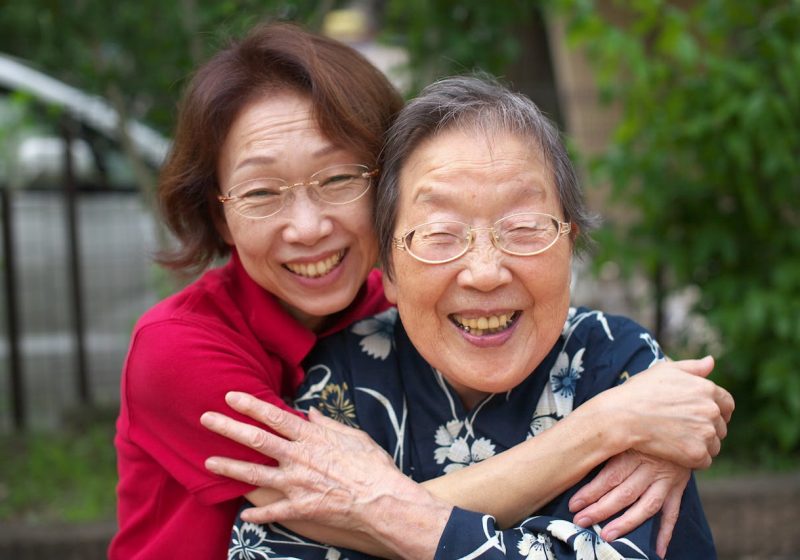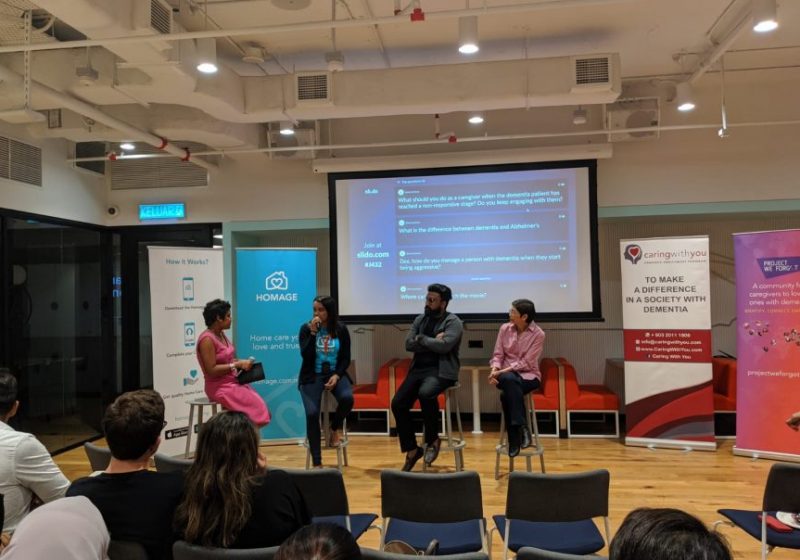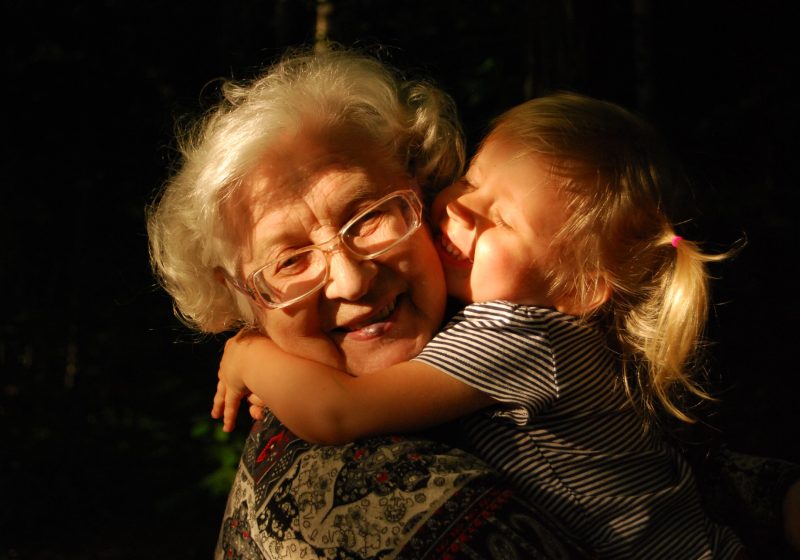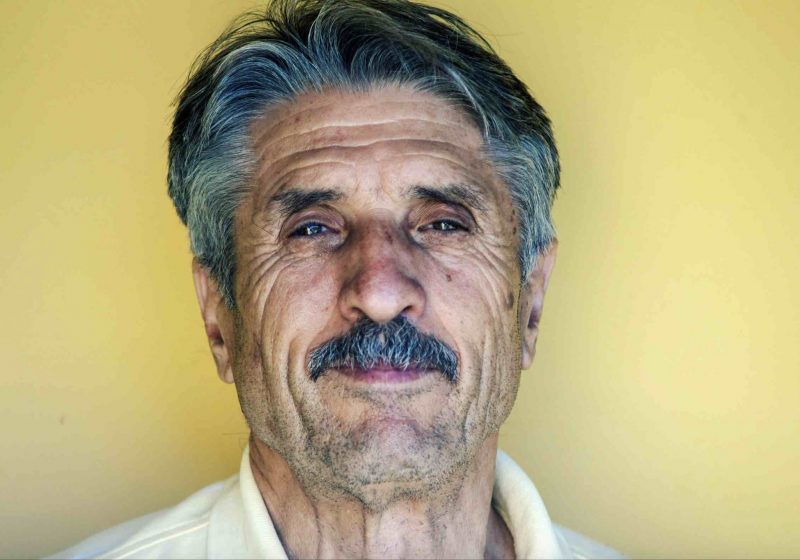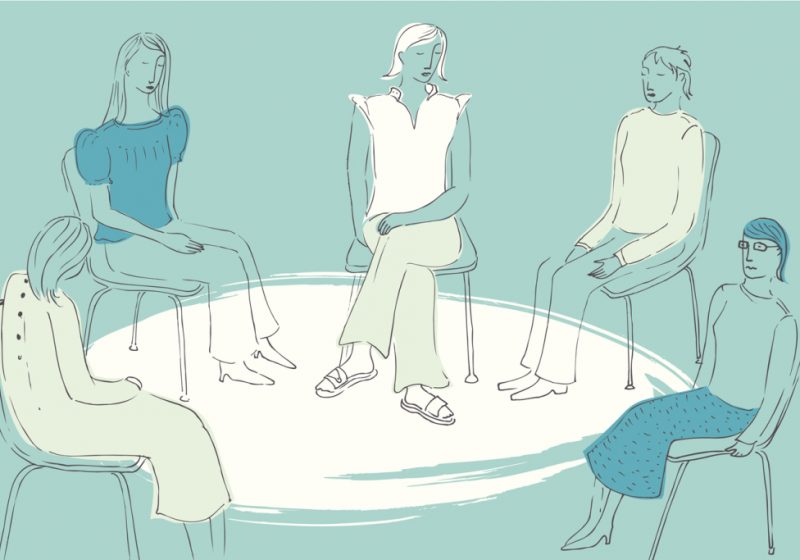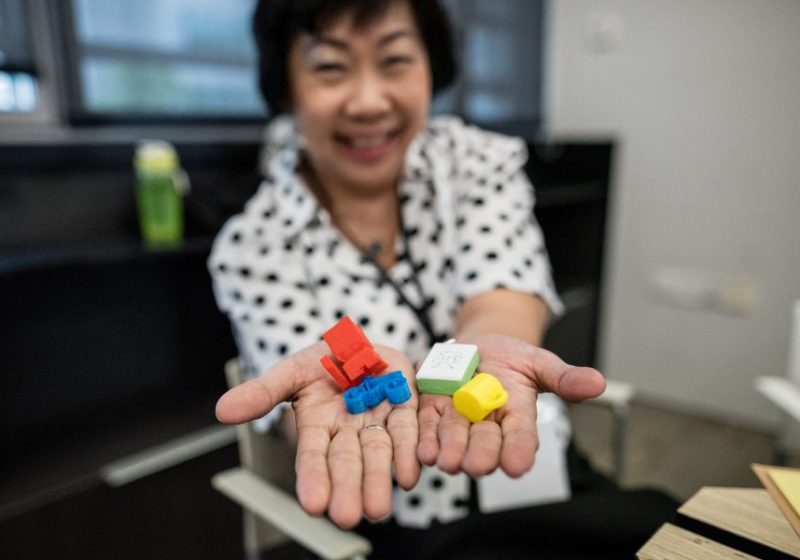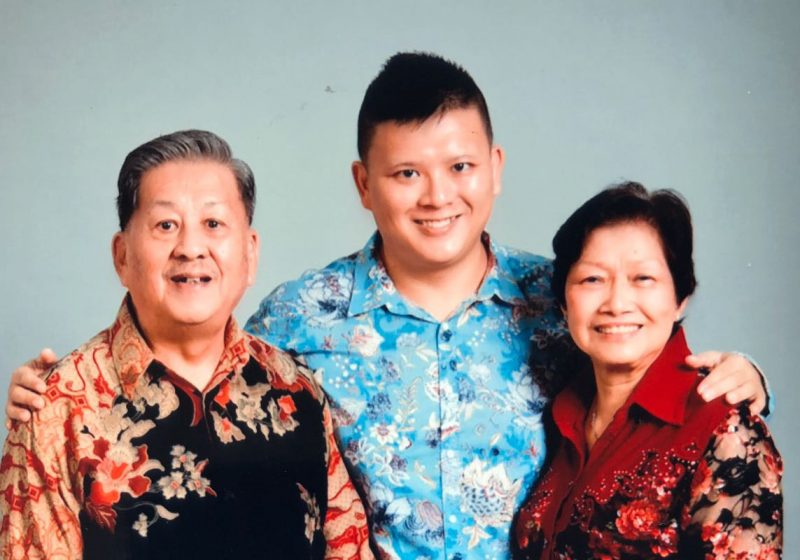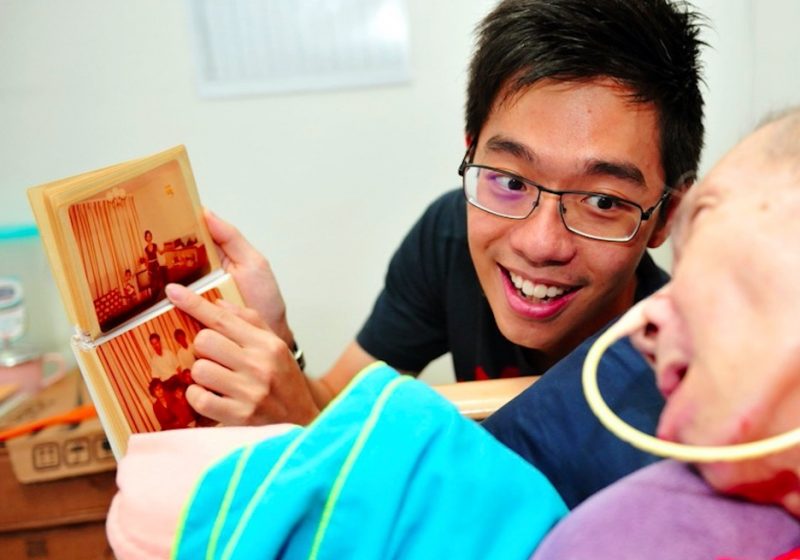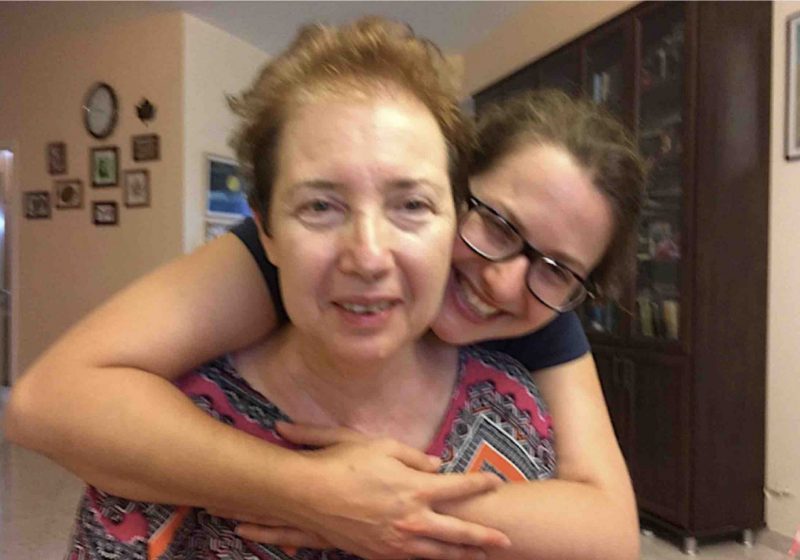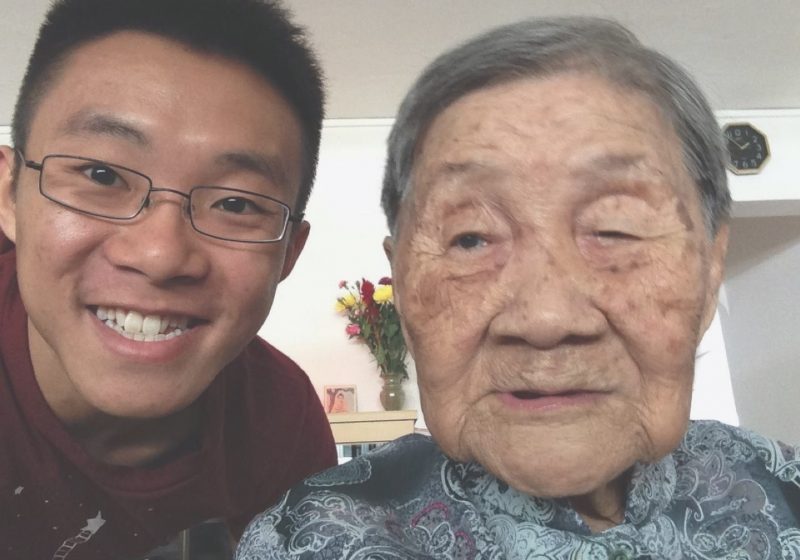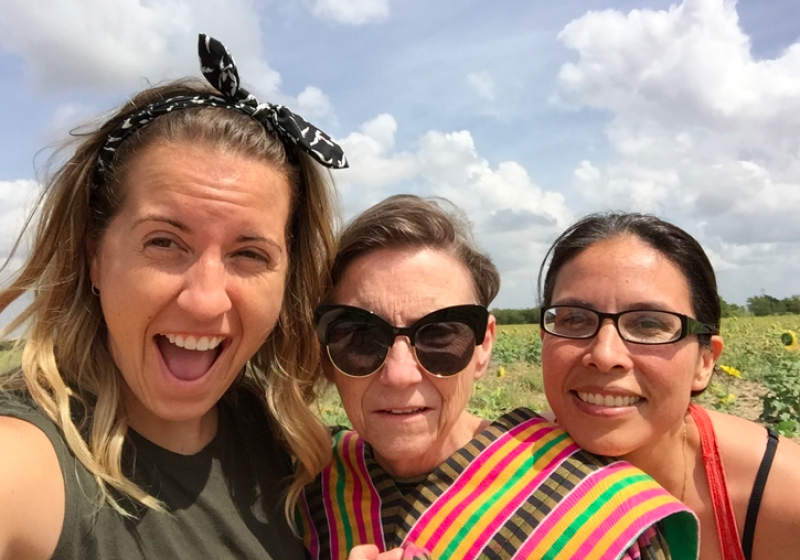The video is about a single dad who raised his son by himself and when he turned 58, was sick and diagnosed with young-onset dementia.

Having to choose between focusing on his career and growing his life vs. the responsibilities of a young caregiver, the story highlights the son’s struggle as a young caregiver.
Especially in Asia, where there is a strong sense of filial piety, caregivers are often unable to choose their path of growth due to the tag of guilt that follows.
According to a recent “Filial Piety Report” from Rush University Medical Center and Northwestern University Feinberg School of Medicine in Chicago, 73 per cent of the adult children in the survey say they feel stress from their eldercare duties, and even depression and anxiety. What is alarming is that of this 73 per cent, 60 per cent have admitted facing the potential crisis of abusing or neglecting their elder parent.
The video highlights the events that young caregivers caring for a parent with dementia face – a parent wandering or going missing, a caregiver having to rush out of the office to tend to dad or mum’s needs. Without proper tools in place, working young caregivers will run a higher risk of caregiver burnout and anxiety at work.
So how do caregivers cope and find balance when they hold a full-time job and have a loved one with dementia at home? They often cut back on the time they previously spent on their own personal health and well-being. This is a recipe for a major disaster (and burnout!) – not just at home but also in the workplace.
It is important that organisations understand the challenges that caregivers face at home to be able to help offer support.
Caregivers face many time constraints between work and home responsibilities, as they take over coordinating doctor appointments and health insurance claims, managing medications, and providing assistance with personal hygiene, meals, home management and social activities, as well as managing financial and legal issues for the person with dementia.
Coordinating care priorities among extended family members can lead to disagreements and frustration with adult siblings and other relatives, as family dysfunction may peak under stressful situations. Many caregivers also develop depression and loss of sleep. New health issues may arise as a result long term exposure to increased stress, which can affect the immune system. For some, intake of alcohol and other drugs and tobacco may increase.
If you are an employer, here are some questions to ponder: Is your organisation caregiver friendly? Do you understand what the journey is like and know who in your organisation are carers for a person with dementia? What steps do you think you can take to offer support to employees within your organisation who are caregivers?
If you are a caregiver struggling to balance both work and caring for your loved one, please speak to your direct manager or human resource team and discuss the ways that you might be able to work around your schedule. Do not be afraid to speak up.


